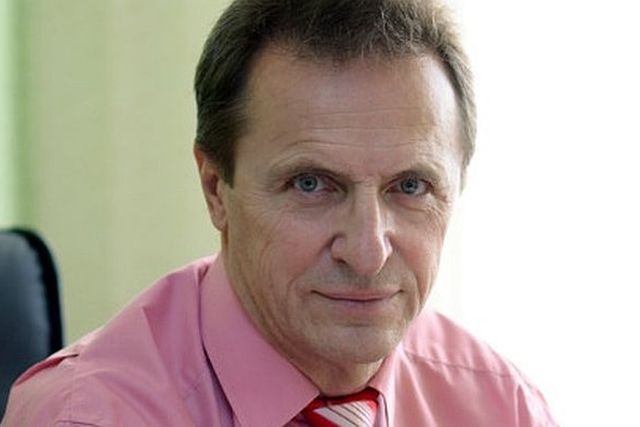
Vasyl Kladko, Deputy Director of the V.E. Lashkaryov Institute of Semiconductor Physics
Russian troops have shot Vasyl Kladko, an experimental physicist and Deputy Director of the V.E. Lashkaryov Institute of Semiconductor Physics at the National Academy of Sciences of Ukraine in Vorzel in the Kyiv region.
It is unclear if he was singled out and killed or his death occured in a crossfire. There is no information from the Russian side regarding Kladko’s death.
Ukrainian Pravda quoted the National Academy of Sciences of Ukraine as saying: “The physics and astronomy section of the National Academy of Science of Ukraine regrets to inform that on 13 March this year, Russian occupying forces ruthlessly shot Vasyl Petrovich Kladko, a remarkable experimental physicist, professor, long-standing Departmental Head and Deputy Director of the V.E. Lashkaryov Institute of Semiconductor Physics of the National Academy of Science of Ukraine.
He was also a laureate of the State Prize of Ukraine in the field of science and technology and of the V.E. Lashkaryov prize of the National Academy of Science of Ukraine, and a corresponding member of the National Academy of Science of Ukraine.”
Kladko, who was 65 years old, was in Vorzel to get his family out of the city. His wife and grandchildren managed to leave before the significant deterioration of the situation, but he was delayed when the Russian troops entered Vorzel.
“What happened next and why – other than to destroy Ukraine and Ukrainians – is unknown,” the National Academy of Science said.
Last week, in a statement published on Nature, Anatoly Zagorodny President of the Ukrainian National Academy of Sciences had said: I call on researchers around the world to bear witness to the tragedy occurring in my country.
The National Academy of Sciences of Ukraine comprises more than 150 research institutions — known for their strengths in physics, material sciences and computing, among others. Many of these institutions are under military attack.
Along with killing Ukrainians, the barbarous Russian invasion aims to destroy infrastructure — both industrial and scientific. One unit seriously at risk is the Kharkov Institute of Physics and Technology’s flagship nuclear facility, which is used for nuclear-physics and materials-science research and to create medical isotopes.
All of the academy’s institutions are currently still managing to work online. However, the continual explosions and howl of air-raid sirens are making it increasingly difficult for many scientists to carry on with their research, he said
